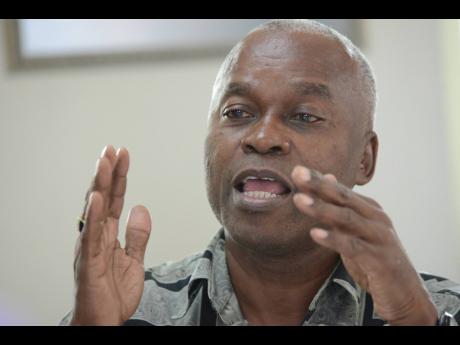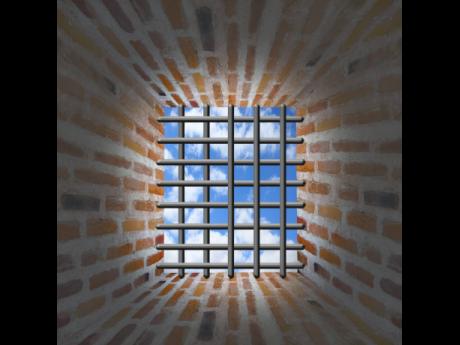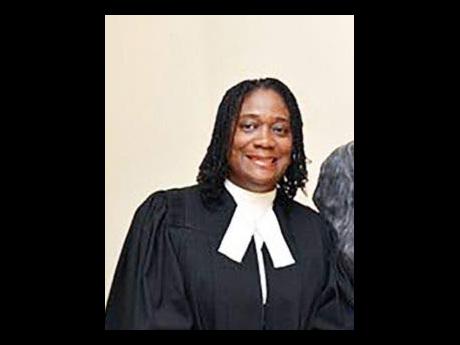Lock-up jitters - Attorneys express concern about possible increase to detention time in new Bail Act
Members of the local Bar have expressed concern about a soon-to-tabled Bail Act that could see an increase in the amount of time someone can be detained without being charged for a criminal offence.
This comes following a statement yesterday from the Office of the Prime Minister (OPM), which said, “The new Bail Act will clarify and provide guidance on the grounds to keep persons in custody without being charged for major criminal offences. It will also detail the time frame for which someone can be detained between being suspected of committing an offence and formally charged.”
Section 22 of the Bail Act 2000 states: “Where a person who is arrested or detained is not charged within 24 hours after such arrest or detention, he shall be brought forthwith before a resident magistrate or a justice of the peace, who shall order that the person be released or make such other order as the resident magistrate or the justice of the peace thinks fit, having regard to the circumstances … .”
DANGEROUS PRECEDENT
Attorney-at-law Bert Samuels said that a dangerous precedent would be set if the new Bail Act allows for longer detention times.
“Once you open the gates for detention beyond 24 hours, the abuse of persons presumed innocent cannot be controlled … . Because the Constitution is supreme and Parliament is not supreme, any law passed by the Parliament must have constitutional grounding, and I think challenges again will surface to whether Parliament can breach the Constitution without consequences,” he said.
According to the OPM, the National Security Council has taken note of the approaches being taken by other countries such as the Republic of Trinidad and Tobago and the United Kingdom regarding provisions for bail.
Trinidad and Tobago, in 2010, amended its Bail Act to allow for the detention of persons suspected of carrying out specific crimes for a period of up to five days without being charged.
Some of these crimes include possession and/or and use of firearms or ammunition with intent to injure; sexual intercourse with a female under 14; robbery; and larceny of a motor vehicle.
Attorney-at-law Jacqueline Cummings said that increasing the amount of time someone can be detained without being charged is not justifiable.
“They have completely lost what the Constitution is all about. We have a Constitution that preserves a person’s innocence until proven otherwise. I can’t see a moral basis to hold an innocent person for five days without charging them. We need to stop detaining persons unless we have sufficient evidence to charge them and then we go and arrest them,” she said.
Parliament in 2010 passed an amendment to the Bail Act, which allowed murder suspects to be detained for 60 days without bail.
The amendment was, however, struck down in 2011 by the Supreme Court, which ruled it unconstitutional, following a challenge by two murder suspects.
The court held that the Bail Act was effective in dealing with crime without unconstitutionally denying murder suspects bail.



